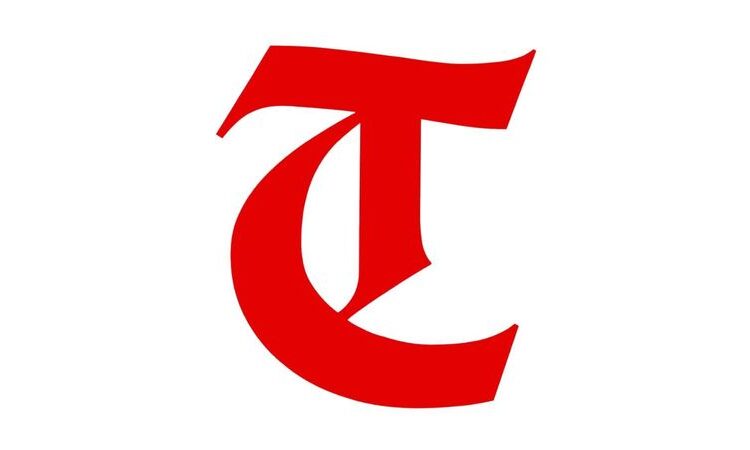
AMONG the motions recently passed by the Legislative Assembly was one by Vankatapathi Raju for the immediate appointment of a committee with a majority of non-officials and with an Indian Chairman to examine the question of exchange and currency in the light of the experience gained since the Babington-Smith Committee submitted its report and to make recommendations as to the best policy to secure a system of currency and exchange most suited to the interests of India. The question is a very important one, as it vitally concerns the economic wellbeing of India and the improvement of India’s trade, which is, to no small extent, affected by the recent changes in the position of exchange in Europe and America. Those who have followed the exchange variations and their effect on trade within the past four months have been anxiously looking for a favourable opportunity of effecting necessary reforms in the Indian currency policy so as to establish stable and reliable conditions. Raju’s resolution asked for an immediate move in this direction and suggested the appointment of a committee which could be expected to effectively express the Indian view. Unfortunately, on this question, the Indian view differs from the European and Anglo-Indian view, as it has nearly always differed in the past, owing to the vested interests of European traders and capitalists in India being or supposed to be in conflict with the interests of India herself. This is why Raju insisted on an Indian majority and an Indian Chairman in the proposed committee.
